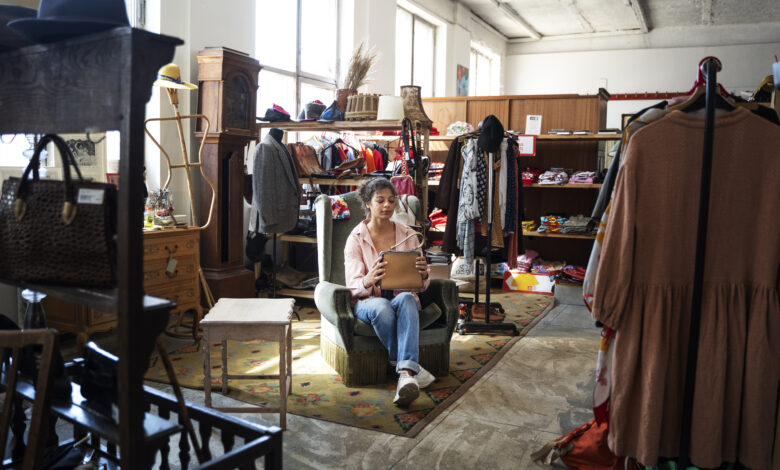How to start a Second-hand goods store in South Africa

In South Africa, the market for second-hand goods is thriving. As people increasingly seek cost-effective alternatives and sustainable shopping options, starting a second-hand goods store can be a lucrative and rewarding business venture. This article aims to provide you with a comprehensive guide on how to start a second-hand goods store in South Africa, including key considerations, legal requirements, and tips for success.
- Research and Planning: Begin by conducting thorough market research to identify the demand for second-hand goods in your target area. Analyze potential competitors, their pricing strategies, and target customer demographics. This research will help you shape your business plan and determine the viability of your venture.
- Identify a Niche: Consider specializing in a particular category of second-hand goods, such as clothing, furniture, electronics, books, or sporting equipment. Focusing on a niche will help differentiate your store and attract a specific customer base.
- Location and Space: Choose a suitable location for your store. Look for areas with high foot traffic or in close proximity to other complementary businesses. Ensure that the space is adequate for displaying and storing your inventory, and consider factors like parking facilities and accessibility.
- Sourcing Inventory: Develop a network of reliable suppliers for sourcing second-hand goods. Connect with individuals, thrift shops, estate sales, auctions, and online platforms to acquire inventory at reasonable prices. Establish relationships with local charities or organizations to obtain donations or consignment items.
- Quality Control: Maintain strict quality control measures to ensure the items you sell are in good condition. Clean, repair, and refurbish items if necessary, and thoroughly inspect them before placing them on display. Reputation is vital in the second-hand goods industry, so prioritize customer satisfaction by offering high-quality products.
- Pricing Strategy: Determine a fair and competitive pricing strategy based on factors such as item condition, market value, and customer expectations. Consider offering discounts or special promotions to attract customers and encourage repeat business.
- Legal Requirements: Ensure compliance with all legal obligations. Register your business with the Companies and Intellectual Property Commission (CIPC) and obtain the necessary licenses and permits required for operating a retail store. Familiarize yourself with consumer protection laws, tax regulations, and any specific regulations related to second-hand goods.
- Store Setup and Merchandising: Create an inviting and organized store layout that maximizes the visibility of your inventory. Display items creatively, making it easy for customers to browse. Invest in proper lighting, shelving, and signage to enhance the shopping experience.
- Marketing and Promotion: Develop a marketing strategy to raise awareness about your store. Utilize both online and offline channels, including social media, local advertising, and community partnerships. Consider hosting events or collaborating with influencers to generate buzz and attract customers.
- Customer Service: Deliver exceptional customer service to build loyalty and foster positive word-of-mouth. Train your staff to be knowledgeable about your inventory and provide friendly assistance. Implement a hassle-free return policy and maintain open lines of communication with your customers.
Starting a second-hand goods store in South Africa can be an exciting and profitable business venture. By conducting thorough research, identifying a niche, and adhering to legal requirements, you can establish a successful store that meets the growing demand for affordable and sustainable shopping options. With careful planning, quality products, and exceptional customer service, your second-hand goods store can thrive in the South African market.




